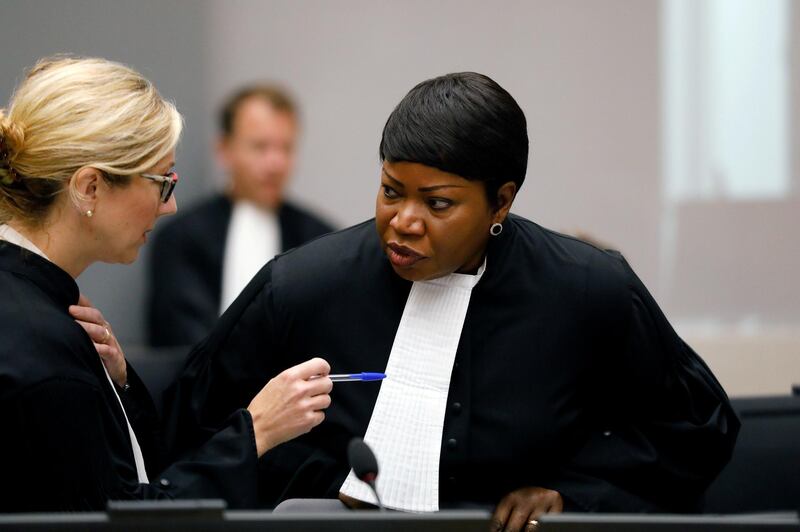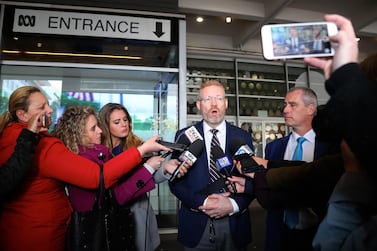A prosecutor at the International Criminal Court plans to appeal the rejection of a probe into crimes by Afghan rebels, government forces and American troops.
In a 17-page document seeking clearance to file an appeal, Prosecutor Fatou Bensouda said an appeal could clarify crucial issues raised by judges who rejected her request to open an investigation, and would “benefit the court in its work as a whole.”
A panel of pre-trial judges in April rejected the proposed investigation, saying it would not be in the interests of justice because an investigation and prosecution were unlikely to be successful as those targeted – including the United States, Afghan authorities and the Taliban – are not expected to cooperate.
Ms Bensouda said that such an argument is contrary to the reason the court was established – to prosecute grave crimes when national authorities are unwilling or unable to do so.
“While the Prosecution is very mindful of the challenges in pursuing investigations or prosecutions in circumstances when cooperation is limited… it remains the case that these challenges are part of its statutory responsibility,” the prosecutor wrote.
Rights groups in April slammed the decision to reject an investigation as a blow to Afghan victims seeking justice.
Patrick Baudouin, president of the International Federation for Human Rights, called the rejection a “dark day for justice” and a “shocking decision, which is based on a deeply flawed reasoning.”
Among issues Ms Bensouda wants to appeal is whether the pre-trial judges even have the power to reject her request based on their determination of the interests of justice.
Ms Bensouda wrote that her request for an appeal is not simply disagreeing with the rejection, “but rather represents a legal issue of constitutional importance for the continued practice of the court as a whole.”
Her November 2017 request to open an investigation said there is information that members of the US military and intelligence agencies “committed acts of torture, cruel treatment, outrages upon personal dignity, rape and sexual violence against conflict-related detainees in Afghanistan and other locations, principally in the 2003-2004 period.”
She also said that the Taliban and other insurgent groups have killed more than 17,000 civilians since 2009, including some 7,000 targeted killings.
She further alleged that Afghan security forces have tortured prisoners at government detention centres.
If the court allows Ms Bensouda to appeal, the process will likely take months.






